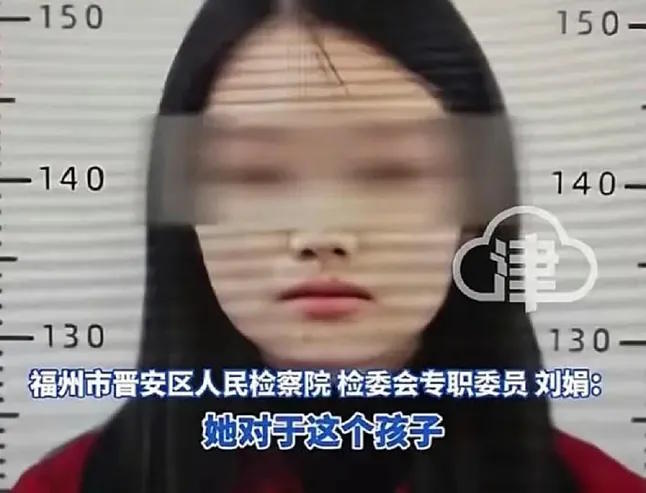Huang, a 25-year-old woman from southern China, sold her two children to buy expensive clothes and tip streamers who livestream on entertainment apps and e-commerce platforms. The story has caused a great stir this week on social media in the Asian giant. "The case is terrifying because the mother had conceived those children with the sole purpose of selling them," the Fuzhou city police told local media.
Investigators began their investigation in April 2022 when, by chance, while following the trail of a scheme related to various frauds, they found several messages that Huang had sent to the buyer. "The child is healthy and can be delivered at any time. The price is negotiable," the woman referred to her second child, a newborn she sold to a baby trafficking network for 38,000 yuan, which is around 4,500 euros. The traffickers then resold the child to a family for double the money.
A couple of years earlier, in October 2020, Huang, after giving birth to her first child, also sold him for 45,000 yuan (5,373 euros). The buyer, in this case, was a cousin of her landlord, who wanted a baby because he was impotent and unable to have children.
Investigators explained that the woman, before being arrested, was compulsively contacting men to have sexual relations, with the idea of soon conceiving another child to profit from. Huang had run out of the money she earned from selling her two children because she was addicted to tipping on online programs where she also bought expensive clothes.
The children were rescued by the police and are now in the hands of social services, awaiting adoption. The father -or fathers- of the children is unknown. On July 8, a court sentenced Huang to five years and two months in prison for fraud and human trafficking, in addition to a fine of over 4,000 euros.
This case has once again brought to light China's complex and long history with the black market for babies. Authorities in the Asian giant realized they had a significant problem with child trafficking in the 1980s, after the introduction of the drastic one-child policy, which led to an increase in children being sold on the street because their parents could not afford the fine for violating family planning quotas. Or simply because, in a society that prioritized boys, if a girl was born, her parents decided to get rid of her.
Initially, trafficking agencies went door-to-door buying babies. When they couldn't find any, they would simply steal them. Then, they started moving into cyberspace, opening clandestine adoption groups within forums and many of the country's major social media platforms. Just by filtering searches with words like "adopt," some results would appear.
Last year, in Hubei, a province in central China, the director of Xiangyang Hospital, Ye Youzhi, was arrested for selling fake birth certificates and infant vaccination records to agencies trafficking babies. In 2015, two hospital directors in Guangdong province, in the south of the country, were each sentenced to one year in prison for also falsifying these records for other traffickers. A year later, a hidden camera program on state television uncovered a scheme led by an official who, in collaboration with the health and family planning office of Hunan province, had been falsifying birth certificates for thousands of babies for years.
